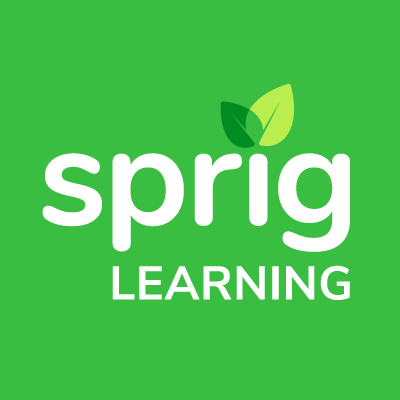Holistic Learning in Alberta (AB)
The Ministry of Education in Alberta is taking any potential learning gaps or opportunities very seriously because of the learning interruptions caused by the pandemic. To this effect, it has created voluntary one-on-one assessments that are four to six minutes long for grades 1 to 3.
Such assessments early on help to identify any potential stumbling blocks that could be a hindrance to literacy and numeracy development. For holistic early learning programs, it’s important that any insights related to the developmental domains are collected early. It allows educators to plan ahead and decide on the most important learning areas that need to be addressed.
2023-2024 Education Budget Announcement
The Alberta education budget proposal of $8.8 billion entails an increase in the base operating grant for each school authority, as well as a 10% increment of the grant intended to support students with distinct requirements, such as those with disabilities or who are English language learners.
Furthermore, an additional $42 million per year has been allocated province-wide to assist schools in managing classes that encompass students with increasingly diverse needs.
Alberta’s government has pledged to ensure that every Grade 1 student in the province acquires the foundational skills necessary to succeed in subsequent grades.
To this end, the government has allocated an extra $10 million this year, aimed at assisting Grade 1 students who require additional support in foundational math and literacy to catch up to the expected grade level.
Holistic Early Learning
Alberta’s early learning curriculum framework, called Flight, articulates a set of holistic play-based goals for children’s learning.
The goals are designed to nurture early learners’ confidence in communication and literacy, by providing opportunities to express and develop ideas with others using multiple representational languages.
The framework also supports the children’s disposition to learn, by appreciating and nurturing the unique identity of each child as an early learner.
The family is involved as a partner in building and strengthening the early childhood education community.
Educators design a responsive learning environment, where early learners can use multimodal literacies for exploration and expression.
Educational resources such as blocks, art materials, picture books and story play are all used to construct and represent knowledge.
Mandatory kindergarten?
No
Early Childhood Education Announcement
Alberta Education directed an additional $40 million to improve and expand learning assistance to early learners with disabilities and language delays.
This extension of support includes the following:
Guidance to school authorities to appropriately identify children for funding purposes.
Increasing hours for parent and child engagement sessions.
Supporting children with moderate language delays. Previously, it was only for severe language delays.
